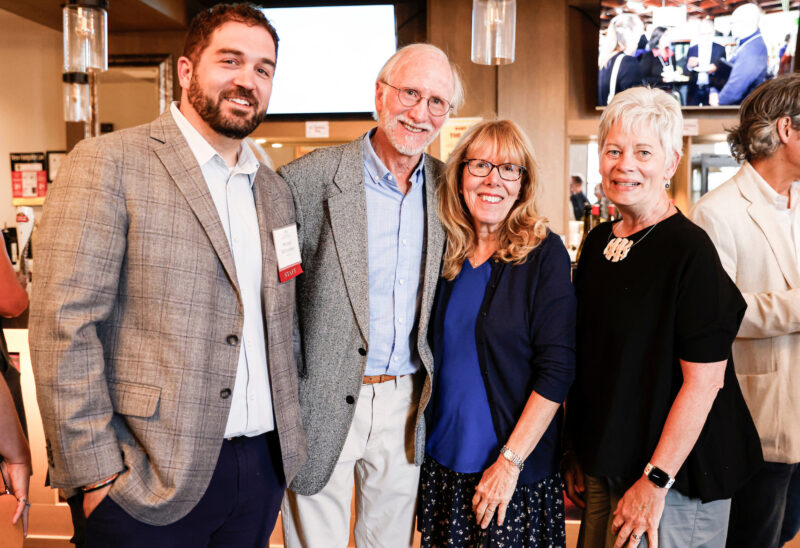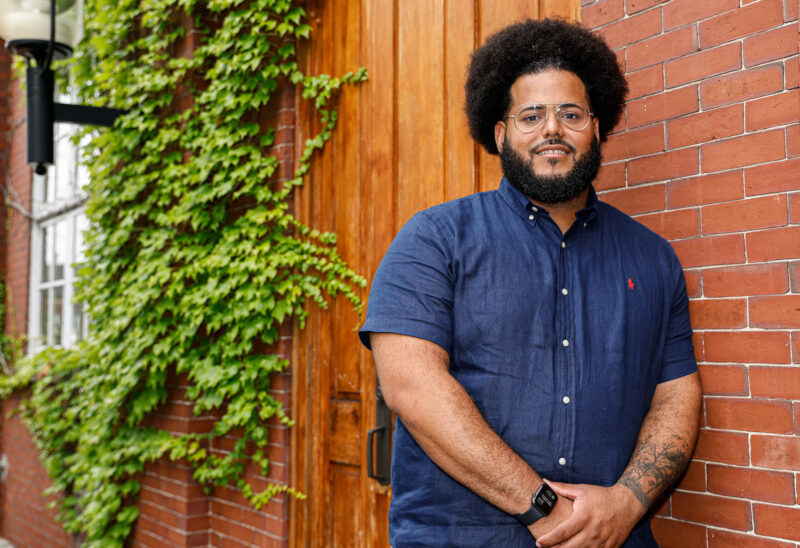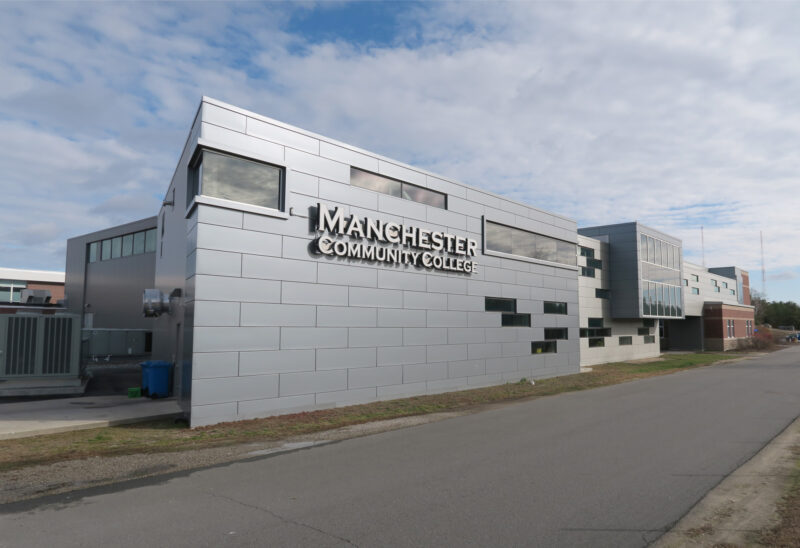We are facing the most significant challenge in memory. The immediate pain from COVID-19 is staggering. We are hearing heartbreaking stories of anxiety, isolation, shortages and loss from residents and nonprofits across the state. And the long-term hardships are just beginning. It is time to act for our neighbors who are most vulnerable, and for the organizations that support them — with compassion, with vision and with focus.
The Foundation has two goals:
1. Reduce the pain and hardship on our most vulnerable neighbors — low-income families, hungry children, seniors, underserved people in every community; and
2. Work in partnership with public and private partners to reduce the impact on critical health care and social service systems.
We have four strategies:
1. Maximum flexibility and support for current grantees including waiving or streamlining reporting requirements and deadlines, and repurposing grants to mitigate the impacts of COVID-19.
2. Immediate unrestricted grants, including proactive staff-directed grants of up to $50,000 and Express Grants of up to $5,000 to reduce pain and hardship for the most vulnerable; and immediate release of $2 million in 2021 installments of multiyear operating grants to 130 nonprofits already approved for those funds through the Community Grants program and the Neil and Louise Tillotson Fund.
3. Strategic grants and public partnerships to sustain critical systems such as health care, emergency response, child care and food security — especially for the most vulnerable. These grants will complement and amplify other funding sources, including funding opportunities from the Congressional stimulus package. Three projects already underway:
- Emergency Child Care Collaborative: The Foundation has deployed Early Childhood Director Christina Lachance to help coordinate an Emergency Child Care Collaborative in partnership with the governor’s office and the New Hampshire’s Department of Health and Human Services. The collaborative will establish a system of 120 to 150 emergency child care centers for New Hampshire’s most essential workers during the COVID-19 pandemic.
- Shelter and care for homeless people and families: The Foundation’s Deborah Schachter, senior program officer and policy director, is working with Housing Action NH, the New Hampshire Department of Health and Human Services leaders, and other providers and partners who are addressing the serious plight of individuals who are homeless or unsheltered, to address both the challenge of safely caring for those who are ill, and measures to mitigate spread among others at high risk.
- Telehealth services for substance use disorder treatment providers: The Foundation is focusing resources on treatment providers and recovery centers to ensure that they have the necessary technology supports to allow for telehealth services, so they can continue to provide critical services to their clients during this crisis.
4. Support for local emergency funds being set up by United Ways (visit uwnh.org to give) and other grassroots funders to get assistance directly to individuals and families in need.
Ways to give and help
The Foundation has opened a special “Community Crisis Action Fund” for Foundation donors and others to support the four strategies listed above. Visit www.nhcf.org/communitycrisisactionfund to learn more and give. We are also working with holders of donor-advised funds to find and fund essential needs in their communities.
We are blessed to live in communities like ours in times like this. We all have roles to play — as neighbors, donors, volunteers, board members, nonprofit staff, public officials, business owners, health care workers, emergency responders.
We know how to step up when things are hard.
This is who we are.











![Rev. Heidi Carrington Heath joined Seacoast Outright. [Photo by Cheryl Senter]](https://www.nhcf.org/wp-content/uploads/2024/05/Heidi-Carrington-Thumbnail-800x548.jpg)
![Dr. Jennie Hennigar treats a patient at the Tamworth Dental Center [Photo by Cheryl Senter]](https://www.nhcf.org/wp-content/uploads/2024/05/TCCAP-Hero-800x548.jpg)

